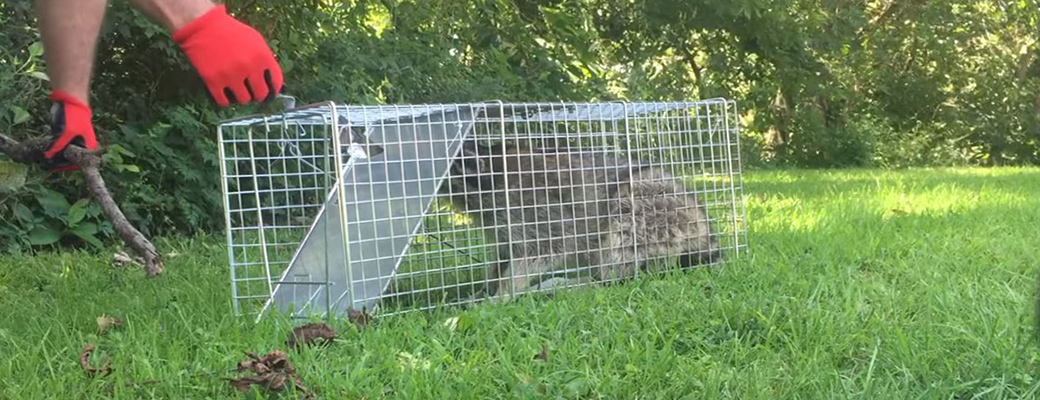- Long Beach Educational Article of the Month - What should I do with a wild Long Beach animal after I catch it?
What should I do with a wild Long Beach animal after I catch it?
Firstly, if you have caught a wild Long Beach animal and are not licensed to handle or relocate a wild animal, you must call an animal control expert who is licensed to handle and relocate the animal for you. The fines and penalties for mishandling and/or unlawfully relocating a wild animal vary state by state, county by county, and depend on the animal in question. It is much easier and cheaper to pay an animal control expert than the legal fees associated with illegal trapping and removal.

If you are licensed and have trapped a wild California animal, what you do with it afterwards varies widely depending on the circumstances. You may, with a license or permit, relocate a wild animal. You may obtain a permit through your local county or state government offices. The licensure or permitting entity that issued you your documents will have all the information you need; however, relocation is not always the best option. If the animal in question is from your local neighborhood and has been surviving on trash scraps or otherwise human-provided food, for example, relocation into a completely wild setting is not likely going to place the animal in an environment in which it can thrive. Animals that have come to depend on humans for food are often no longer adapted to live in the wild and will perish after relocation.
If relocation is not an option or you fear the Long Beach animal may return based on relocation recommendations (i.e. the relocation destination is near your house) the Humane Society has locations all over the U.S. You may call your local Humane Society location and, provided you do so safely, may take the animal in question to the nearest location. If you are unsure of how to transport the animal or do not have the means to do so, a local animal control specialist can handle the issue for you.
In the meantime, be sure the California animal is watered and in a space that provides shade and relative comfort. If it is a nocturnal animal, put a blanket over the cage to protect their eyes. If it is hot out, be sure to leave one side of the cage open to ensure the cage is well-ventilated. If you are not sure how to water the animal, a good option is to leave a hose on low drip in a corner of the cage. Be sure, of course, not to flood the space and to keep a good portion of the cage dry, as many animals are sensitive to water for varying reasons including fur that is not water-protective or paws that are especially sensitive to moisture and temperature. If you are not sure how to care for the animal in question until a professional handler arrives or are for, for some reason or another, unable to care for the animal in such time, be sure to inform the handler in question regarding your circumstances or call your local Humane Society.
Visit our Long Beach wildlife removal home page to learn more about us.

